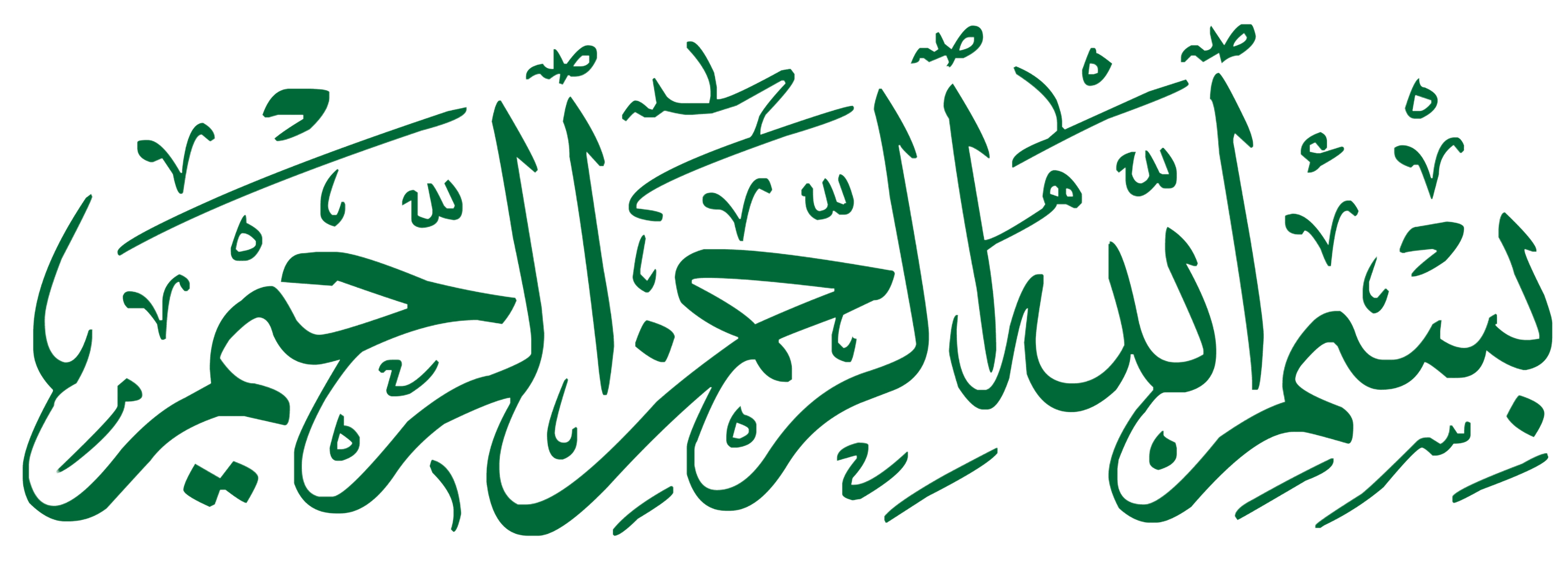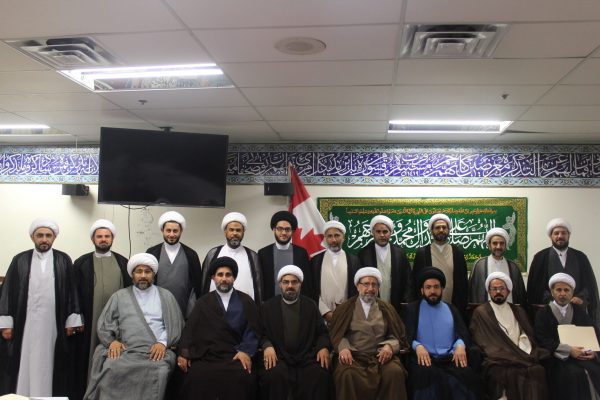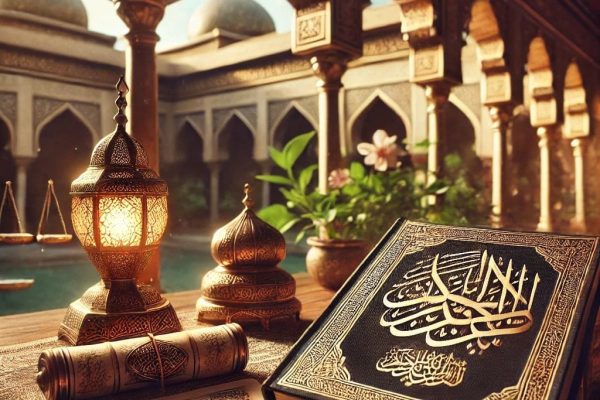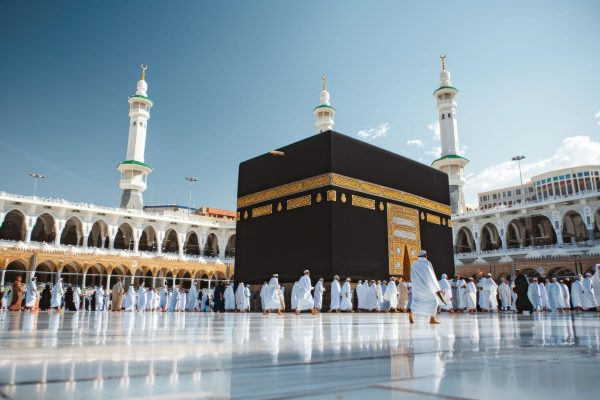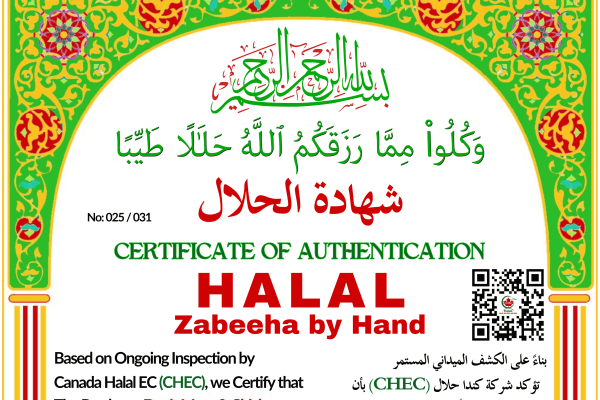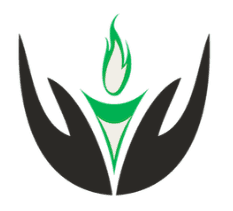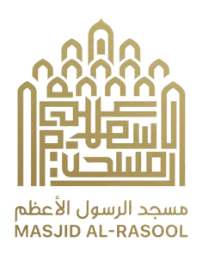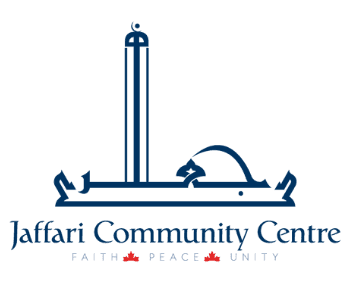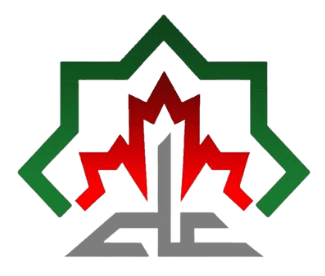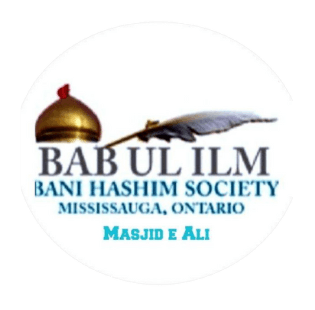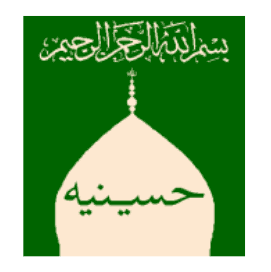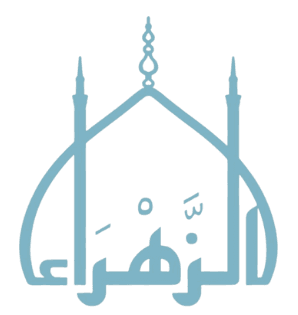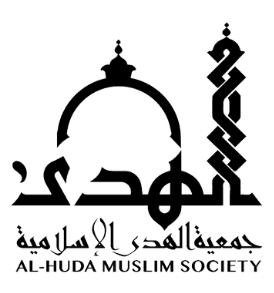Muhammad was born in Mecca in the year 570AH. Since his father died before his birth and his mother shortly after wards, he was raised by his uncle from the respected tribe of Quraish. As he grew up, he became known for this truthfulness, generosity and sincerity, so that he was sought after, for his ability to arbitrate in disputes. The historians describe him as calm and meditative.
Muhammad liked solitude and had long detested the decadence of his society. It became his habit to meditate from time in the cave of Hira, near the summit of Jabal-Al-Noor (The mountain of lights) near Mecca.
How did Muhammad become a prophet and a messenger of God?
At the age of 40, while engaged in a meditative retreat, Muhammad received his first revelation from God through the Angel Gabriel. This revelation, which continued for 23 years, is known as the Holy Qur’an.
As soon as he began to recite the words he heard from Gabriel and to preach the truth which God had revealed to him, he and his small group of followers encountered bitter persecution, which grew so fierce that in the year 622AH, God gave the command to migrate. This event, the Hijra ‘Migration’, in which they left Mecca for the city of Medina, some 260 miles to the north, marks the beginning of the Muslim calendar.
After several years, the prophet and his followers were able to return to Mecca, where they forgave their enemies and established Islam definitively. Before the prophet died at the age of 63, the greater part of Arabia was Muslim and within a century of his death Islam had spread to Spain in the west and as far east as China.
Sayings of Prophet:
- The most excellent Jihad (struggle) is that for the conquest of self.
- He who wishes to enter Paradise at the best door must please his father and mother.
- Charity is a duty unto every Muslim. He who has not the means thereto, let him do a good act or abstain from an evil one. That is his charity.
- To spend more time in learning is better that spending more time in praying; the support of religion is abstinence. It is better to teach knowledge one hour in the night than to pray the whole night.
Other Resources:
- Beacons of Light by Abu Ali al-Fadl al-Tabarsi
- Muhammad by Yasin T. al-Jibouri
- Usul Al-Kafi by ash-Shaykh Abu Jafar Muhammad Ibn Ya’qub Ibn Ishaq al-Kulayni ar-Razi
Books available at IMAN Library:
- The Life and Religion of Muhammad: Hayath al-Qulub by Allama Muhammad Baqir al-Majlisi
- The Message (The Holy Prophet of Allah) by Ayatullah Jafar Subhani
- Prophet Muhammad (saww): A Concise Biography by Dr M H Datoo
- He, his Messenger and his Message by Ayatullah Baqir al-Sadr
- Muhammad: A Biography of the Prophet by Karen Armstrong
- The Sayings of Muhammad by Allama Sir Abdullah Al-Mamun Al-Suhrawardy
